I haven’t done a book review in a while, yet 2013 seems like a good reading year. Most of these books are related to the keynote “the agile horde” that I presented at several Agile Tours this year. These readings led me to this subject. Many of my reflections relate to the right brain, emotion, our culture, what we are. If anyone has references or suggestions, I’m very interested.
Crucial Conversations
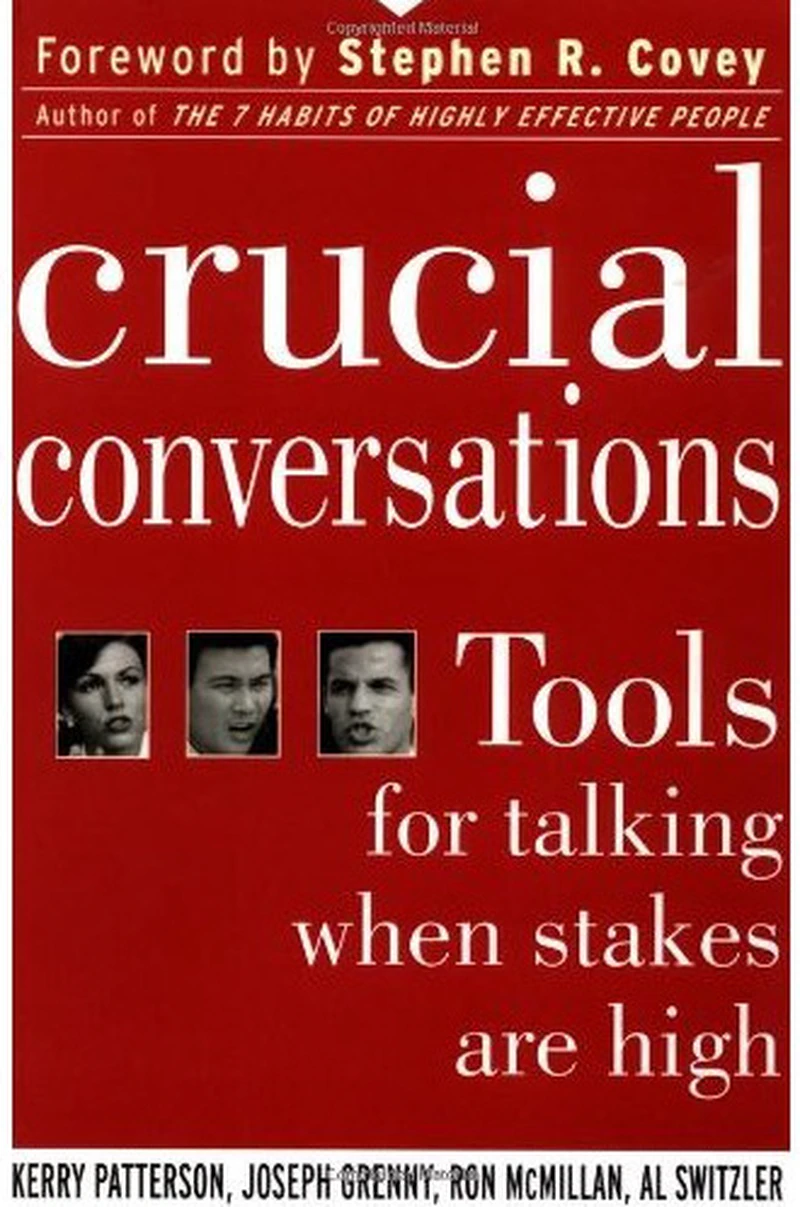
Read during spring. Interesting, but a book whose idea supersedes the book itself. That is to say the idea is excellent, and the book is its expression, but it never goes beyond the idea and leaves you somewhat wanting. The idea is that we master very poorly certain key moments of our life. These key moments are conversations. And too often we let the saber-toothed tiger hunter in us speak, by reflex (no connection with the agile horde, I’m just repeating what the book says…), and thus we fail to master these key moments (key moments? both in private life (couple relationships) and professional life (relationships with our colleagues)). The description of symptoms is very interesting. That’s the idea. And above all, the fact that big things are played out in these small moments is essential. Especially since we are poorly programmed for these small yet very influential moments. The implementation of solutions seems more conventional to me. A bit like in process com it calls upon a kind of meta-communication (take a step back and communicate about communication), or fairly obvious things (the truth is always simpler to tell). So I was less responsive to this second part, however I know that conversations are not necessarily complicated moments for me, as I am, and it seems to me that I already apply quite a few of the recommendations stated here. This second part may prove perhaps crucial for people less comfortable with oral communication. I recommend it anyway because in few words it emphasizes very important and very problematic ideas in our everyday life.
Just sometimes I wish we were explained how to approach these issues not by taking a step back, but precisely by letting the saber-toothed tiger hunter in us explode…
Introduction à la pensée complexe, Edgar Morin
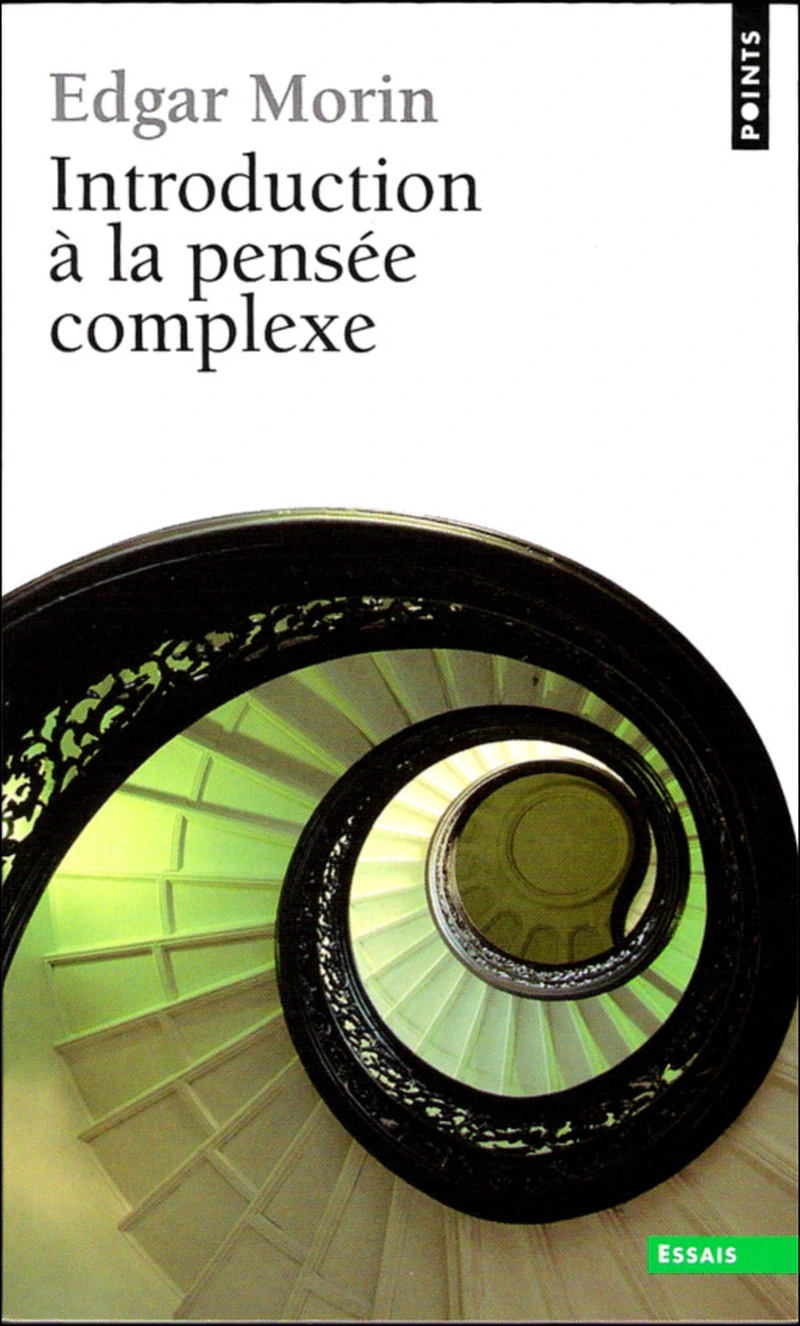
Essential.
A small book that perfectly summarizes the entire problematic in which we are immersed. Why agile? Because of complex thinking. You must read it. People sometimes criticize Edgar Morin for his Paris Match-style “shock” sentences, personally I see in them a proper popularization that suits me well (28 bingo points for that last sentence).
I repeat: essential.
Le paradigme perdu, la nature humaine, Edgar Morin
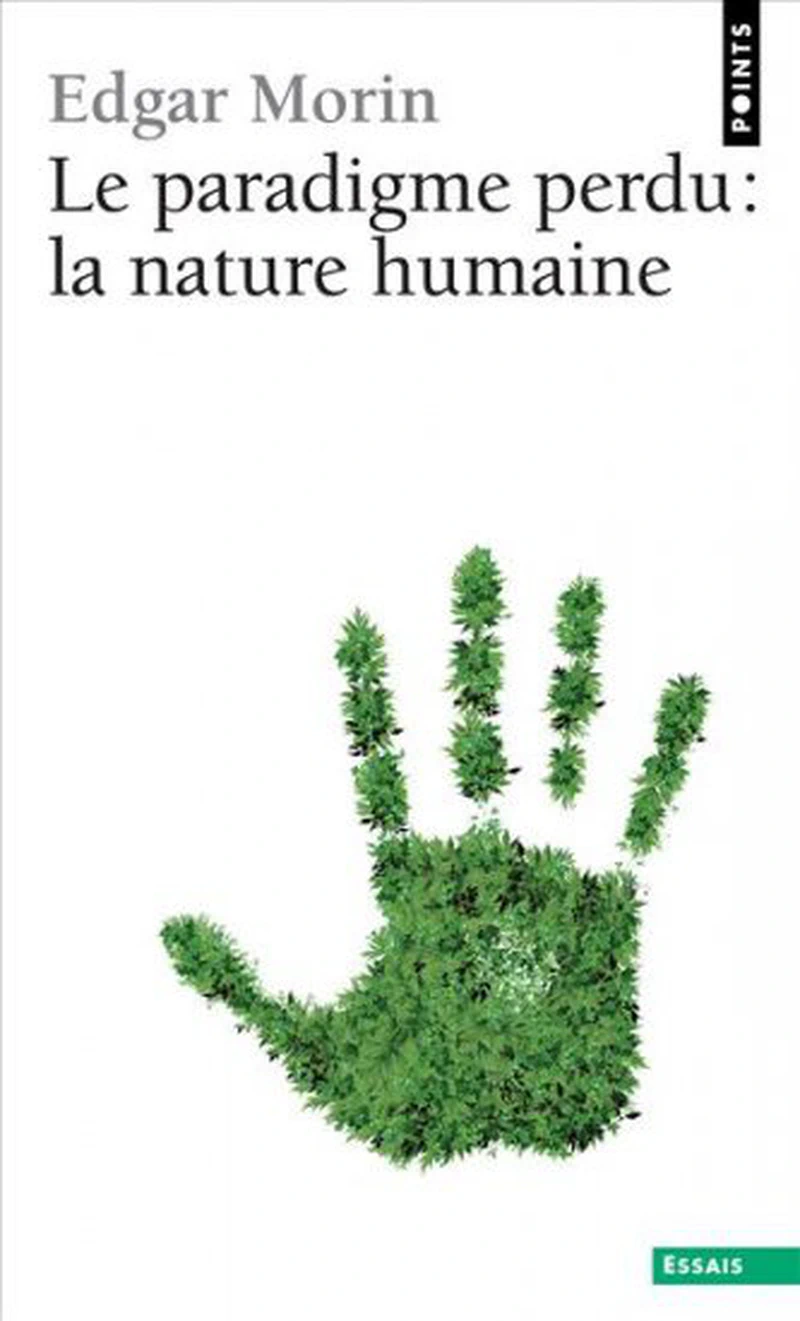
“Our nature is our culture, and our culture is our nature.”
How Edgar Morin projects his reflections on our ancestors. How Edgar Morin moves from homo sapiens to homo sapiens demens. How he explains the specificities of our species, our current behaviors, and future ones (homo peninsular). Right during the birth of evolutionary psychology, a remarkable book for those interested in subjects I was able to discuss during “the agile horde,” like our nature, our culture, our modes of thinking, adapted, to be adapted, etc.
Un univers complexe, Marc Halévy
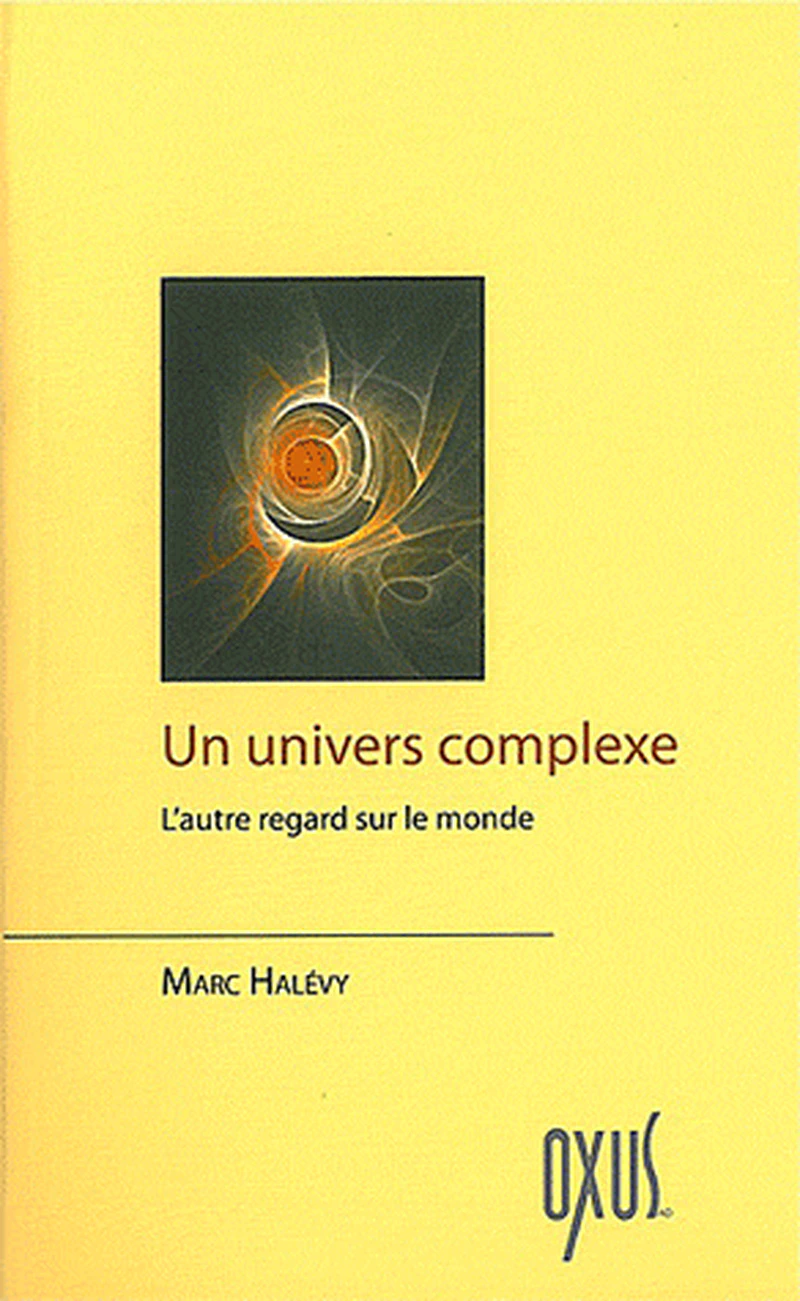
I had the pleasure of seeing Marc Halévy, a prospective physicist philosopher, during conferences organized by the CJD. I found there a strong echo of all these ideas that I like about the complex world, and the obsolescence of mechanicism, of Cartesian rationalism. Note that the conference theme was… agility (CJD’s major national theme for 2 years). But where he blew me away was during his presentation of “the great bifurcation.” He announces a shift between the two opposing worlds: one Cartesian, mechanistic, rational, the other complex, systemic, organic. This would emerge in the coming years: hence the crisis, but then long live the crisis! This book: a complex universe, is above all this observation, this assessment (an assessment sometimes complicated for me who is not a great physicist…). And which ends with this opening toward this new paradigm (reading it you quickly understand that Edgar Morin is one of his sources). The bifurcation would be: from a mass economy to a niche economy, from an economy of volumes to an economy of margins, from a capitalistic economy to a humanistic economy, from an economy of standardization to an economy of genius, from an economy of productivity to an economy of agility, from an economy of size to an economy of frugality, from an economy of plunder, of price, to an economy of value. This sentence comes from his slides, but it can be found more or less in the book. However, the core of his theme on bifurcation should appear in his book -in October 2013…-. This “complex world” is the postulate, the setting. The crisis, the change, the bifurcation is the one to come.
Along the way, beautiful theories on accumulated memory, a revisited big bang, our laws of physics explained differently, etc.
La spirale dynamique, F&P Chabreuil
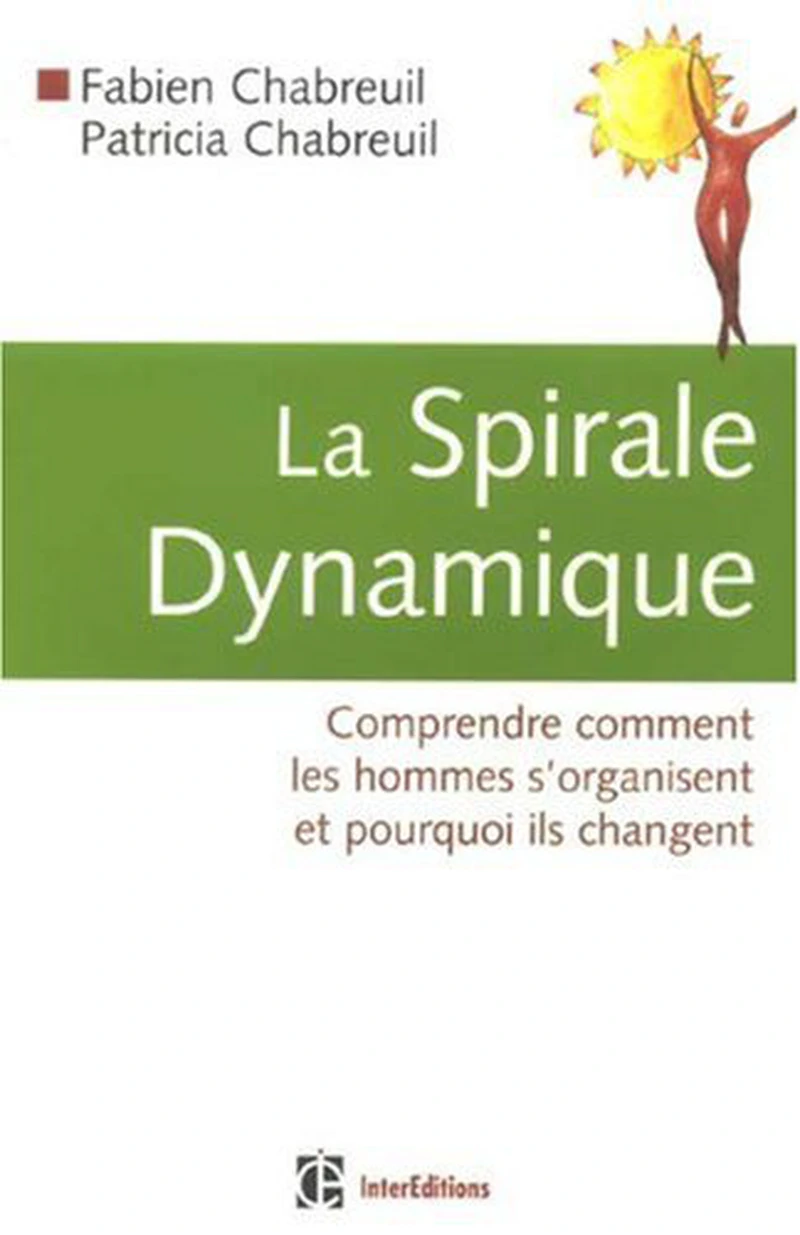
In fact I also find in Marc Halévy this premonition (completely calculated, analyzed) of Clare Graves and his spiral dynamics. Which tells us that we are currently transitioning from a rationalized, dehumanized civilization, to a civilization of cooperation. This small book recalls all his theory around spiral dynamics. Which beneath its new age appearance proves to be fascinating. As always with new age, it’s the packaging that is bad, but the ideas are often good. Spiral dynamics therefore presents a reading framework for the maturity level of civilizations and thus the cultures of the companies around us. It proposes an arrangement, stages and projects itself (and here I tip my hat) on the future. I tip my hat because it seems that what we are experiencing proves Clare Graves right.
Jeu de culture, INFOQ, by Dan Mezick, translation by Olivier Destrade
Which you can find here.
To read, the nice little French translation by Olivier Destrade, of Dan Mezick’s minibook at InfoQ (which is a subset of his “Culture Game”). Practical, interesting, if you manage to survive the two prologues which are superfluous (bonus 50 points, bingo!). However, reading the entire book I note that this subset which has the merit of being in French (thanks Olivier) is not self-sufficient: you must read the complete book. But it offers a good introduction: how to change your company’s culture while respecting your company and the people who compose it. How to take a step back to position yourself between culture, values and practices. The right level in fact: a way of proposing rules that will take their final form at your place.
Currently reading (too many at once in this case…):
- L’homme qui prenait sa femme pour un chapeau by Oliver Sacks (thanks Stéphane Langlois, the beginning is already fascinating) complementing the stories about Phineas Gage, about the importance of the right brain.
- The Culture Game by Dan Mezick naturally, I already know the subject quite well thanks to Dan’s visit and the translation of the InfoQ minibook, but I’m always amazed by Dan’s spirit of synthesis who brings things back to the essential and finds the right framework to express it. For me the book of the moment.
- Food of the gods, Terence McKenna, you know the hallucinogenic mushrooms at the source of the evolution of the species…
- Spirit by Harrison Owen, Dan Mezick’s reference book on open space.
Coming up
- Reality is broken by Jane McGonigal, another recommendation from Dan Mezick.
- The latest from Marc Halévy.
Always some sci-fi or other stuff to clear my head from time to time (L’homme rune tome 1 & 2, recently for example)
Reading links since 2010
- Lectures automne/hiver 2014
- Fiche de lecture 2013 : entre le cristal & la fumée (Henri Atlan)
- Lectures automne 2013
- Lectures automne/hiver 2013
- Lectures printemps/été 2012
- L’empire des coachs (Gori & LeCoz)
- Quelques bouquins à lire pour faire de l’agile (2011)
- Fiche de lecture 2010 : Karmic Management
- Fiche de lecture 2010 : Scrum (de Claude Aubry)